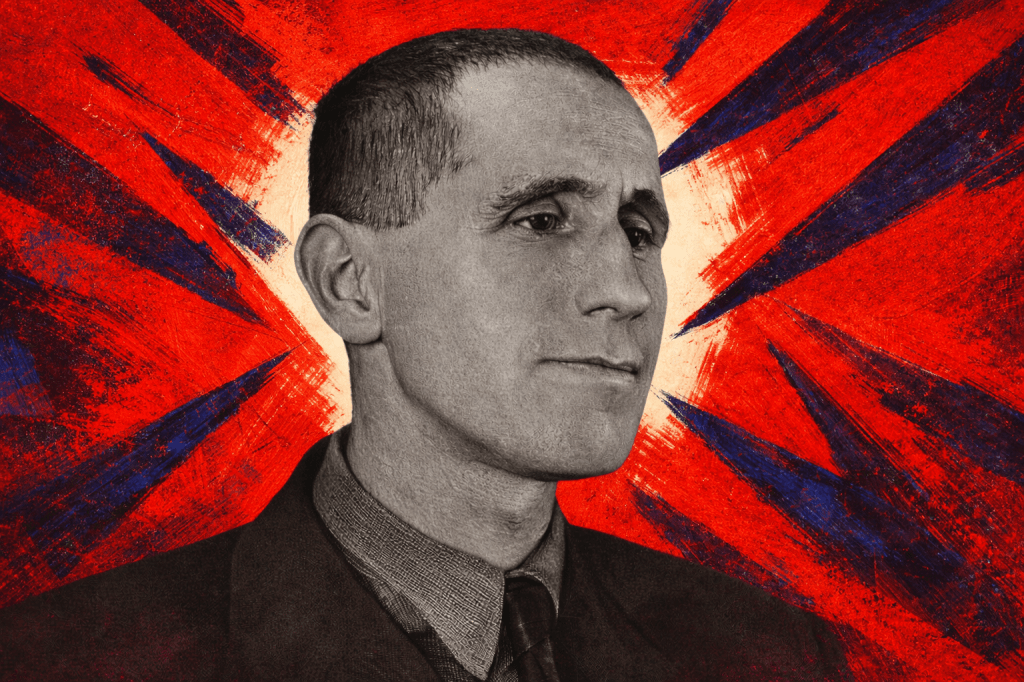
It is with great pleasure that I assume the office of President of the IBS, and I would like to begin by thanking my predecessor Stephen Brockmann for his mentorship in preparing me for this role as well as for his tireless commitment to the IBS.
I joined the IBS in 2003 (when I participated in the “Mahagonny.com” symposium in Berlin), but my interest in Brecht goes back to my high school days in Münster in the early 1980s (and a concert at which Wolf Biermann asked his student audience about their knowledge of Brecht’s poetry), continued in Gießen with my exposure to Hans-Thies Lehmann’s “other Brecht,” intensified through my thesis and dissertation research on experimental theater in New York, turned postcolonial during a postdoc project in Brisbane, led to my co-organizing and hosting an IBS symposium on “Brecht in/and Asia” in Honolulu, and finally resulted in my current position as (soon to be outgoing) managing editor of the Brecht Yearbook.
Even today, I am surprised and amazed at the rich material that Brecht continues to provide for creative and academic exploration because of the complex and often contradictory aspects of his life and work with regard to friends, lovers, and collaborators, literary genres, dramatic styles, theatrical occupations, philosophical influences, cultural interests, and political Haltungen. I don’t know of many other 20th-century artists, writers, or thinkers whose work and ideas to this extent still form and enter into ever-shifting but pertinent dialectical constellations with the questions and problems of each new generation and era. Recent geo-political events and developments have brought the “Brecht in Dark Times” (so the motto of the last IBS symposium in Israel in December 2022) back to the fore. Questions about Brecht’s responses to Fascism and Stalinism, political oppression and autocracy, racism and colonialism, and his experiences as a refugee—“in transit”—have become relevant once again.
“The planet will burst asunder. / Those it brought forth will destroy it // To live together, we could only come up with capitalism” (“Envoi” [“Abgesang”]; trans. Tom Kuhn). The next IBS symposium (planned for 2026) will deal with “Brecht and the Anthropocene.” There are a number of urgent challenges related to this topic: How can we rethink not only Brecht’s critique of capitalism but also his Marxist—and any other—politico-economic alternative from the perspective of a sustainable effort to protect the planet while ensuring that all people around the world can live in freedom, peace, and prosperity? How can we, as members of the IBS, involve the Global South and BIPOC communities more than before in our work? Work and private lives have increasingly shifted to the digital realm and social media (those uncanny 21st-century manifestations of Brecht’s interactive “radio theory”), but current developments in Artificial Intelligence (which consumes vast amounts of energy and depends on ‘laxity in matters of intellectual property’ on a gigantic scale) threaten even more significant changes. Very soon, copyright restrictions on many of Brecht’s works will also be lifted. What will all of these developments mean for our engagement with Brecht’s life and work, and for creating a more just and equitable world? What can we still learn from Brecht, and also from his mistakes? Can we still, under the current conditions, subscribe to his notion that the ‘bad new’ is better than the ‘good old’—or is his suspicion that the new is just another disguise of the old more appropriate?
I look forward to our discussions of these questions and hope to explore with you other ways in which Brecht’s ideas and methods can continue to inform and inspire our responses to the pressing social, political, and artistic issues of our time.
Thank you all for entrusting me with the role of IBS President. I am curious and excited to embark on this journey with all of you.




